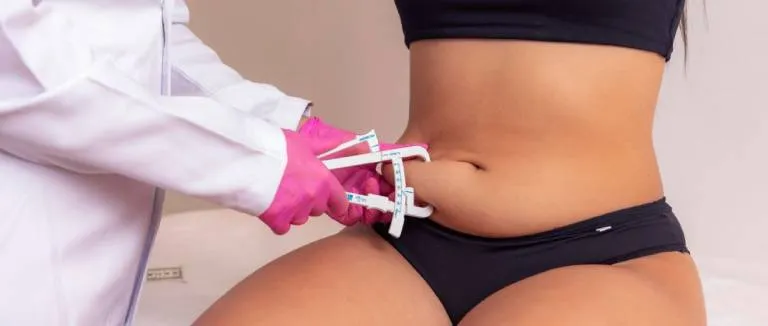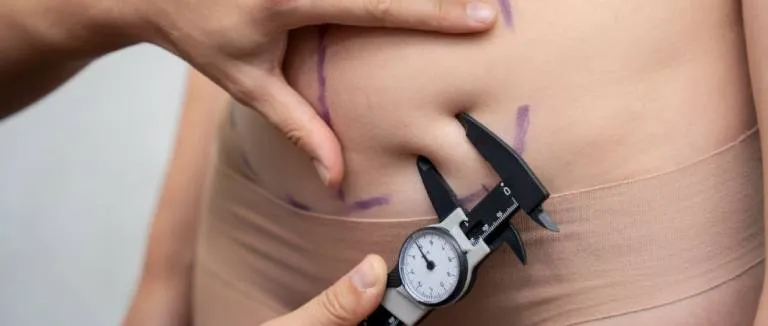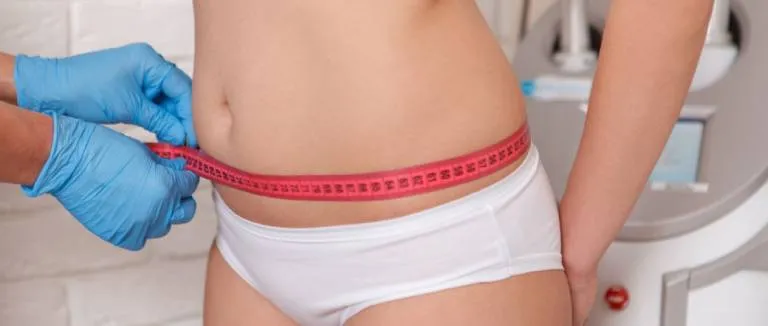What Is Gastric Botox? How Is Gastric Botox Done?
Obesity is a global health issue that affects millions of people. It is a condition characterized by excessive accumulation of fat in the body, which can lead to various chronic diseases. Lifestyle changes such as healthy eating and exercise are important for obesity treatment. However, in some cases, these methods may not be sufficient, and additional interventions may be needed, including surgical or non-surgical procedures. Non-surgical interventions may include procedures such as gastric balloon insertion, gastric botox, or medication therapy.

What Is Gastric Botox?
Gastric botox is a procedure involving the endoscopic injection of botulinum toxin A (BTX-A) into specific areas of the stomach. BTX-A is a substance that blocks nerve-muscle transmission, causing paralysis of the muscles. Gastric botox can relax stomach muscles, slowing down gastric emptying, and reduce the secretion of the hunger hormone ghrelin. This allows patients to reach a feeling of fullness faster by eating less. Gastric botox is not a surgical procedure, so it can be performed without any incisions or the need for general anesthesia.
How Is Gastric Botox Done?
Gastric botox is a painless procedure that involves the endoscopic injection of botox into the stomach through the mouth. An endoscope is a thin and flexible tube that enters the mouth and visualizes the inside of the stomach. At the tip of the endoscope is a needle used to inject botox. The doctor uses this endoscope to inject botox into different areas of the stomach. The injections are placed at specific points affecting the stomach wall muscles. The procedure typically takes between fifteen to twenty minutes and is usually applied without causing any pain. After the procedure, the patient is observed for a few hours before being discharged.
Who Is Gastric Botox Suitable For?
Gastric botox is a procedure that can be applied in different situations. Some of the conditions in which gastric botox can be applied include:
- Having a body mass index (BMI) between 27-35 kg/m²,
- Failing to lose weight despite long-term diet and exercise,
- Experiencing appetite issues,
- Not wanting or considering obesity surgery.
Gastric botox can be applied in such situations.

What Are the Advantages and Disadvantages of Gastric Botox?
Since gastric botox is a non-surgical weight loss method, it can have several advantages. Some of the advantages of gastric botox are as follows:
- It does not require hospitalization; it is a simple and fast procedure.
- It does not leave any scars or marks on the body.
- It does not affect the normal functioning of the stomach or digestive system.
- Its side effects and complications are minimal. It can be repeated when necessary,
However, there can be some negative effects of gastric botox applications. Some of these effects may include:
- Gastric botox application may not provide a permanent solution (its effect typically fades after four to six months).
- It may not guarantee a specific weight loss (the results of botox can vary depending on the patient's diet and lifestyle).
- It may cause temporary nausea, vomiting, abdominal pain, or bloating.
- It may interact with some medications or supplements.
What to Consider After Gastric Botox?
For the patient to achieve the best results after gastric botox, it is important to follow some recommendations. Some of these recommendations include:
- Eating small and frequent meals and chewing food thoroughly.
- Avoiding high-calorie, fatty, spicy, or sugary foods and drinks.
- Using the vitamin and mineral supplements recommended by the doctor.
- Engaging in regular and moderate exercise.
- Monitoring current weight regularly and sharing these results with the doctor.
Gastric botox is a non-surgical weight loss method that can help overweight or obese individuals who are not suitable for or unwilling to undergo surgery. This method is a safe and effective procedure that can reduce appetite and increase satiety by relaxing stomach muscles. However, it is not a miracle cure and requires the patient's cooperation and determination to maintain a healthy lifestyle. While gastric botox can be a good option for those who want to lose weight without surgery, it is crucial for this procedure to be performed under the supervision of a specialist doctor and in a clinic.

When Cannot Gastric Botox Be Applied?
Gastric botox, a non-surgical weight loss method aiming to reduce appetite and induce weight loss by injecting botulinum toxin A (BTX-A) into specific areas of the stomach endoscopically. However, gastric botox is not suitable for every patient, and there are certain conditions in which it may not be advisable. Situations where gastric botox may not be appropriate include:
Pregnancy or Breastfeeding: Administering gastric botox to pregnant or breastfeeding women may not be recommended as the toxin can pass into breast milk and harm the fetus.
Stomach or Intestinal Disorders: Individuals with stomach or intestinal conditions such as ulcers, gastritis, diverticulitis, Crohn's disease, colitis, or cancer may not be suitable candidates for gastric botox. These conditions can reduce the effectiveness of gastric botox or lead to complications.
Bleeding Disorders: Gastric botox may not be suitable for individuals with bleeding disorders or those taking blood-thinning medications as it can increase the risk of bleeding.
Allergy to Botox or Endoscopy: Patients with allergies to botox or endoscopy materials may not be suitable candidates for gastric botox as they may experience allergic reactions after the procedure.
Severe Obesity or Diabetes: Individuals with a body mass index (BMI) above 35 kg/m² or those with chronic conditions such as diabetes may not be suitable candidates for gastric botox. It may not provide sufficient weight loss in these individuals or may complicate the management of their condition.
Can I Drink Coffee After Gastric Botox?
Coffee is one of the beverages containing caffeine. Consumption of caffeinated beverages can increase stomach acidity, stimulate stomach muscles and accelerate gastric emptying. These effects can have a negative impact on the decreased appetite and feeling of fullness achieved with gastric Botox. In addition, coffee may cause stomach discomfort, burning, heartburn, nausea or vomiting in some patients. Therefore, drinking coffee after gastric Botox may be risky for patients.
Is Stomach Botox Dangerous?
Stomach Botox may seem harmless because it does not cause any incisions or permanent effects. However, this procedure should only be performed by experienced and expert doctors. Otherwise, undesirable results and complications may occur. For example, serious side effects such as heart rhythm disorders, respiratory depression, heart attack, neurological effects and stomach necrosis may be observed in those who have stomach Botox. In addition, stomach Botox has not been approved by the FDA or the European Medicines Agency. Therefore, it is necessary to do good research and talk to your doctor before having this procedure.
Frequently Asked Questions
Stomach Botox is a non-surgical weight loss method that aims to reduce appetite and achieve weight loss by injecting botulinum toxin A (BTX-A) into certain areas of the stomach. However, stomach Botox is not a suitable procedure for every patient and in some cases, its application may lead to undesirable effects. Therefore, patients who want to have stomach Botox should first be evaluated and consulted by a qualified doctor.
Stomach Botox is a procedure that should be performed in a reliable clinic and under sterile conditions. After stomach Botox, the patient should regularly visit a doctor and make lifestyle changes such as diet and exercise. Stomach Botox can be a safe and effective weight loss method in suitable patients. However, stomach Botox alone is not a sufficient weight loss method and requires cooperation and determination for the patient to maintain a healthy lifestyle. Therefore, it is important for patients who want to have stomach Botox to have the procedure performed under the supervision of a doctor.
* Contents of this page is for informational purposes only. Please consult your doctor for diagnosis and treatment. The content of this page does not include information on medicinal health care at Liv Hospital






.webp)
